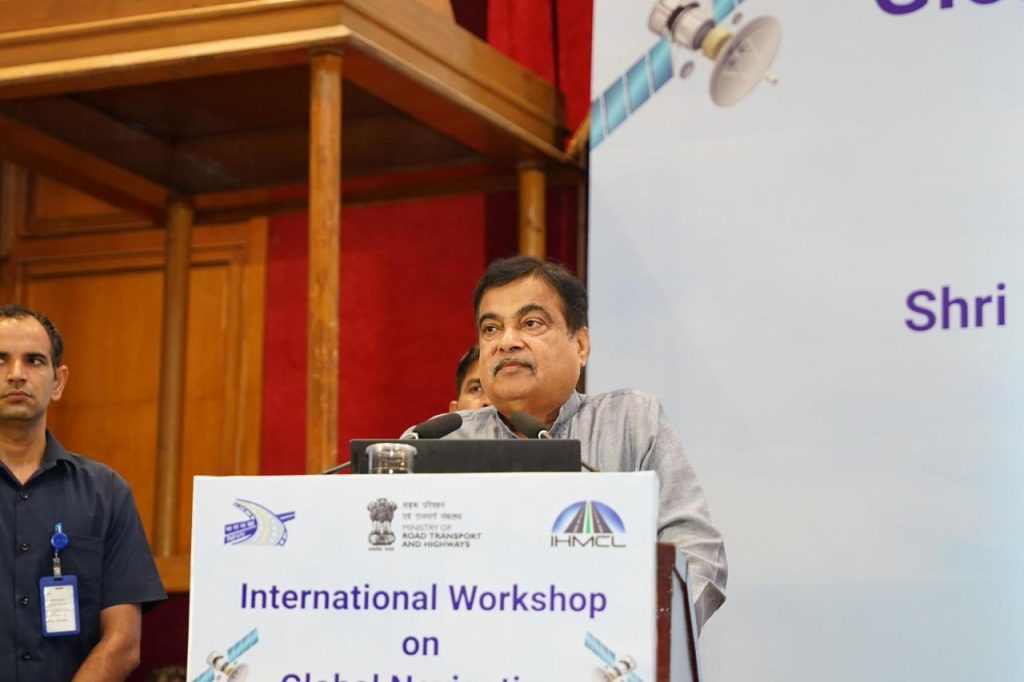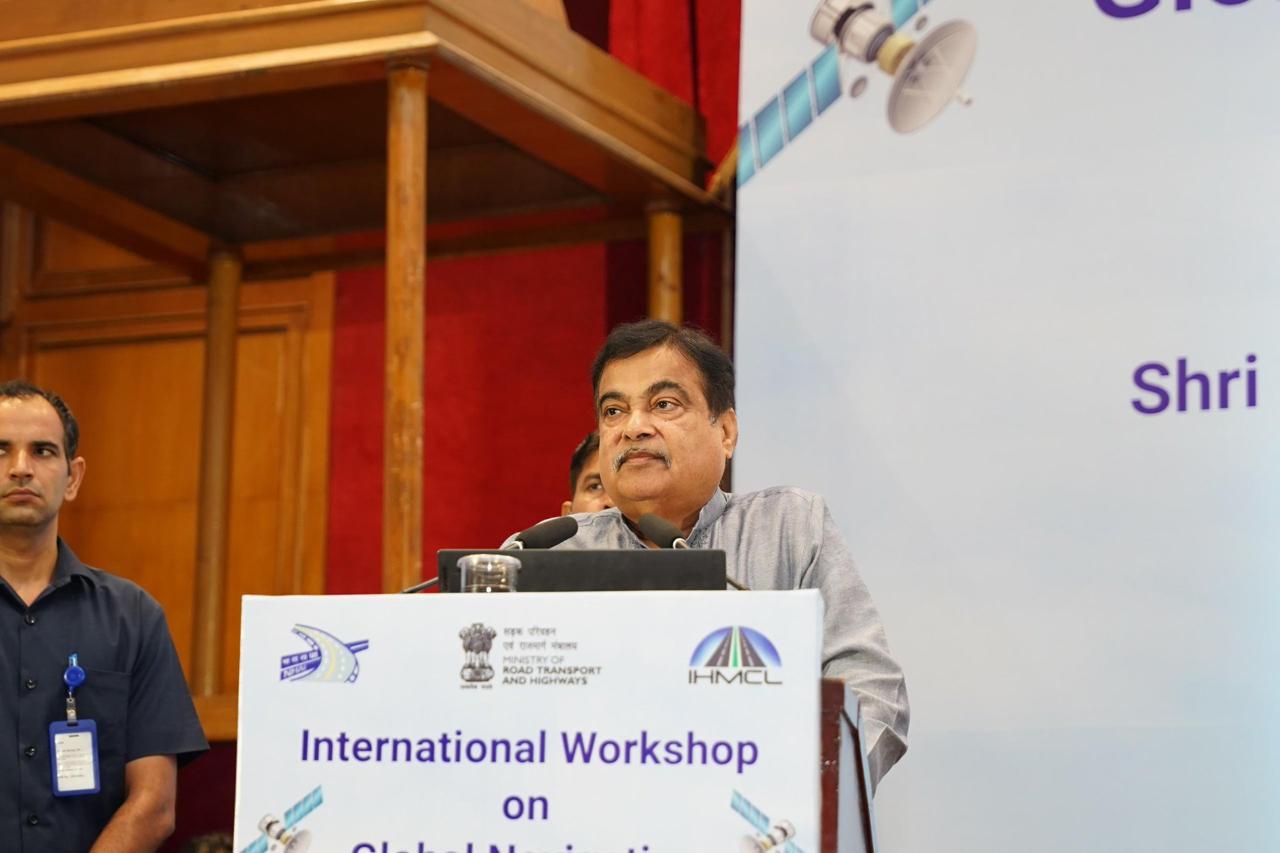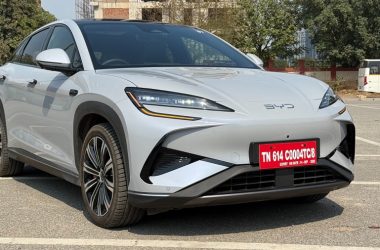New Delhi, June 26, 2024 – The Indian Highways Management Company Limited (IHMCL), a subsidiary of the National Highways Authority of India (NHAI), hosted a pivotal international workshop in New Delhi to discuss the implementation of Global Navigation Satellite System (GNSS) based Electronic Toll Collection in India. The event brought together leading industry experts and international specialists to explore the transformative potential of GNSS technology in modernizing India’s tolling systems.
Chief Guests and Dignitaries
Union Minister for Road Transport and Highways, Nitin Gadkari, graced the event as the Chief Guest, alongside Union Ministers of State, Ajay Tamta and Harsh Malhotra, and other senior officials including Anurag Jain, Secretary of MoRTH, Santosh Kumar Yadav, Chairman of NHAI, and Vishal Chauhan, Member (Administration) of NHAI & CMD of IHMCL. The workshop also saw participation from experts hailing from the US and Europe, as well as representatives from IITs, NIC, NPCI, C-DAC, and other major institutions.

Key Discussions and Panels
The day-long workshop featured multiple panel discussions, where industry and technical professionals along with global GNSS experts deliberated on various aspects crucial for the smooth implementation of GNSS-based tolling systems in India. Key topics included On-Board Units (OBU), commercial vehicle and National Highway fee regulations, toll charger software, and the essential infrastructure for successful multi-lane free flow tolling.
Nitin Gadkari’s Address
Union Minister Nitin Gadkari highlighted the critical role of GNSS technology in enhancing navigation and positioning, thereby modernizing toll collection systems to ensure seamless travel and reduce congestion on roads. “GNSS technology enhances navigation and positioning, playing a crucial role in modernizing toll collection systems, ensuring seamless travel, and reducing congestion on our roads. We are continuously working towards easing citizens’ lives, making governance more transparent, and providing faster services,” he stated.
Vision for a Developed India
Anurag Jain, Secretary of MoRTH, emphasized the global interest in India’s growth story and the importance of GNSS implementation in achieving the vision of a developed India by 2047. “Participation from many global experts on GNSS in today’s workshop is a testimony of the belief that the world has in India’s growth story. We are working to realize the vision of a developed India by 2047, and the implementation of GNSS will be one of the important steps towards that goal,” he remarked.
Economic and Operational Benefits
Santosh Kumar Yadav, Chairman of NHAI, pointed out the significant expansion of India’s road network and the critical role GNSS will play in supporting economic growth and providing barrier-free tolling. “Over the past decade, the road network has expanded manifold and National Highways carry over 70% of the country’s freight along with passenger traffic. Implementing GNSS will immensely contribute not only towards the growth of our economy but also make barrierless tolling a reality for our citizens,” he explained.
Future Implementation Plans
Vishal Chauhan, Member (Admin) of NHAI & CMD of IMHCL, summarized the key takeaways from the workshop and outlined the next steps for the GNSS-based tolling system. The GNSS-based Electronic Toll Collection (ETC) system will initially operate alongside the existing FASTag ecosystem using a hybrid model, with dedicated GNSS lanes at toll plazas to facilitate free-flowing traffic. Eventually, all lanes will be converted to GNSS lanes, providing a seamless, distance-based tolling experience.
The implementation of GNSS-based tolling is poised to revolutionize the toll collection system in India, providing numerous benefits such as hassle-free travel, efficient toll collection, and reduced congestion. This initiative reflects the ongoing efforts to modernize India’s infrastructure, ensuring a more transparent and efficient governance framework that enhances the daily lives of citizens.







